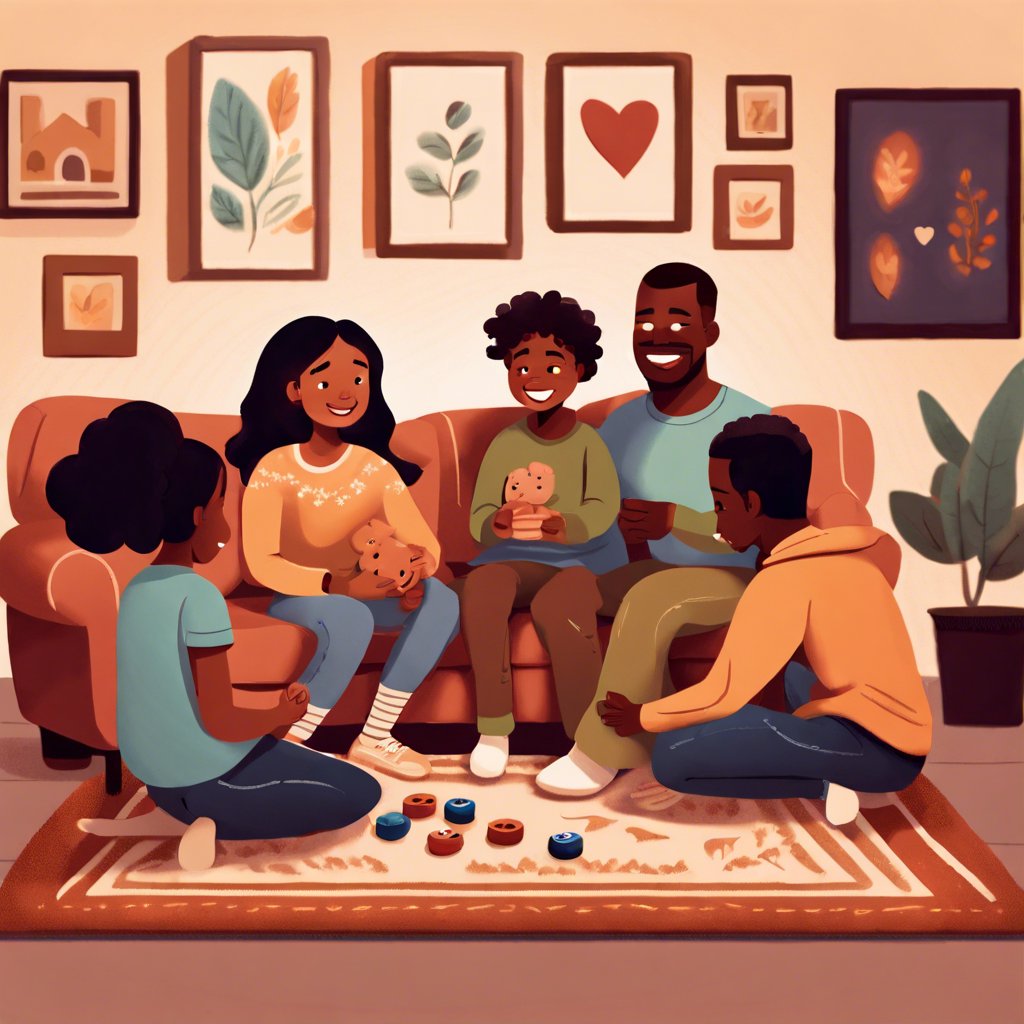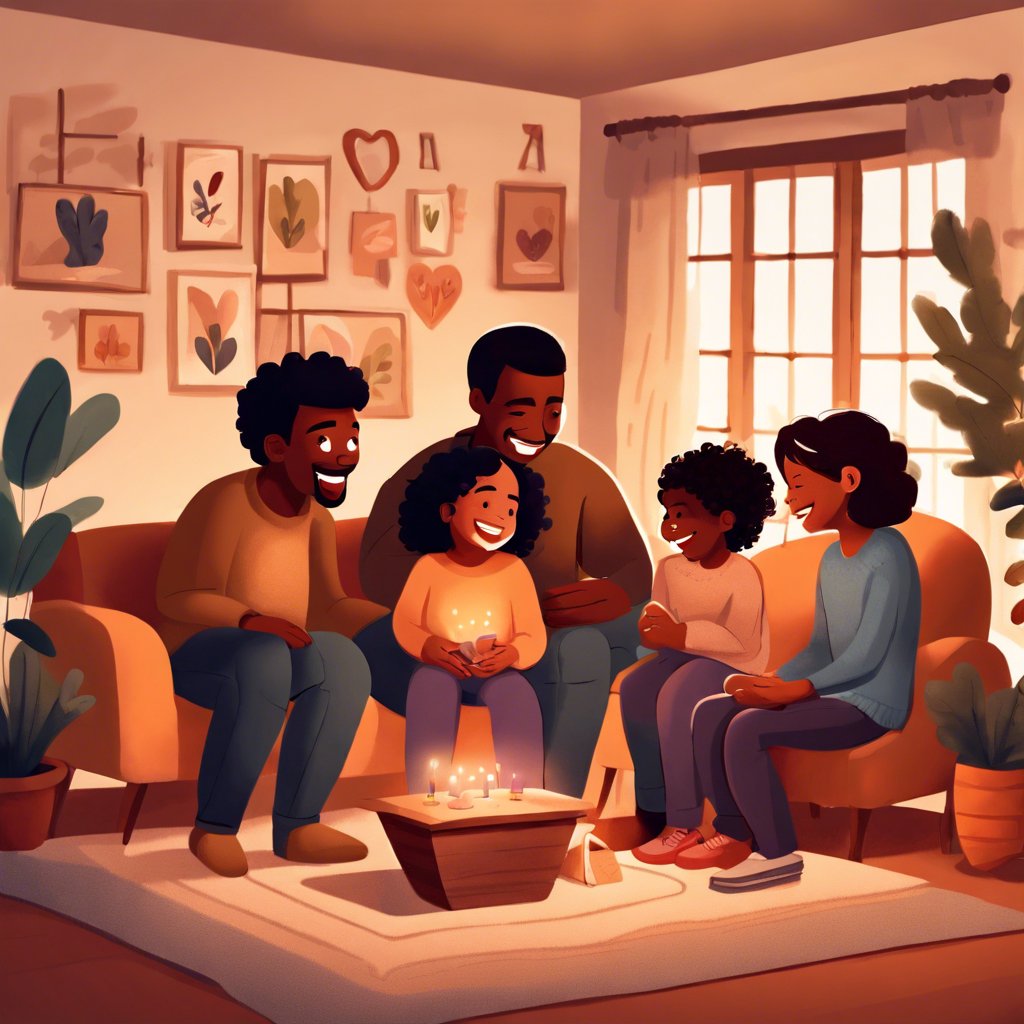Foster Failing: When Fosters Become Family
Embracing Unconditional Love

In a world often marked by uncertainty, the foster care system stands as a beacon of hope, illuminating pathways for children seeking stability and love. Within this intricate tapestry, there are stories of connection that transcend the traditional boundaries of family. When foster children find a home, they often discover more than just shelter; they find a place where they are seen, heard, and valued. This phenomenon, known as ‘foster failing,’ occurs when foster families decide to adopt the children they have been fostering, transforming temporary placements into lifelong bonds.
Statistics and Stories that Inspire
Understanding the dynamics of foster care can be overwhelming, but within the numbers lie countless stories of resilience and love. Foster care is not merely a safety net; it can become a launching pad for children to thrive. Here, we delve into the compelling statistics that underscore the importance of foster care and highlight the personal journeys that embody these numbers.
- Growth of Foster Care: Over 400,000 children are in foster care in the United States as of 2023.
- Adoption Rates: Approximately 50% of foster families eventually adopt the children they care for.
- Long-term Benefits: Children who are adopted from foster care are more likely to achieve positive outcomes in education and mental health.
These statistics reveal not just a system in need of reform, but a community of families ready to embrace children as their own. Each number represents a unique narrative filled with trials and triumphs, showcasing the profound impact of fostering.
A Journey of Transformation
When foster families decide to adopt, it is often the culmination of a beautiful journey marked by transformation. The act of fostering is an incredible commitment, requiring patience, compassion, and resilience. Families who step into this role not only provide shelter but also become advocates for the children in their care. This journey can be both challenging and rewarding, often leading to deep emotional connections that redefine the meaning of family.
In many cases, children who enter the foster care system face emotional and psychological hurdles due to past traumas. When foster parents become adoptive parents, they help these children heal and build a sense of belonging. This transition is not just beneficial for the child; it enriches the lives of the adoptive parents, often leading to a shared journey of growth and understanding.
Share this content:



